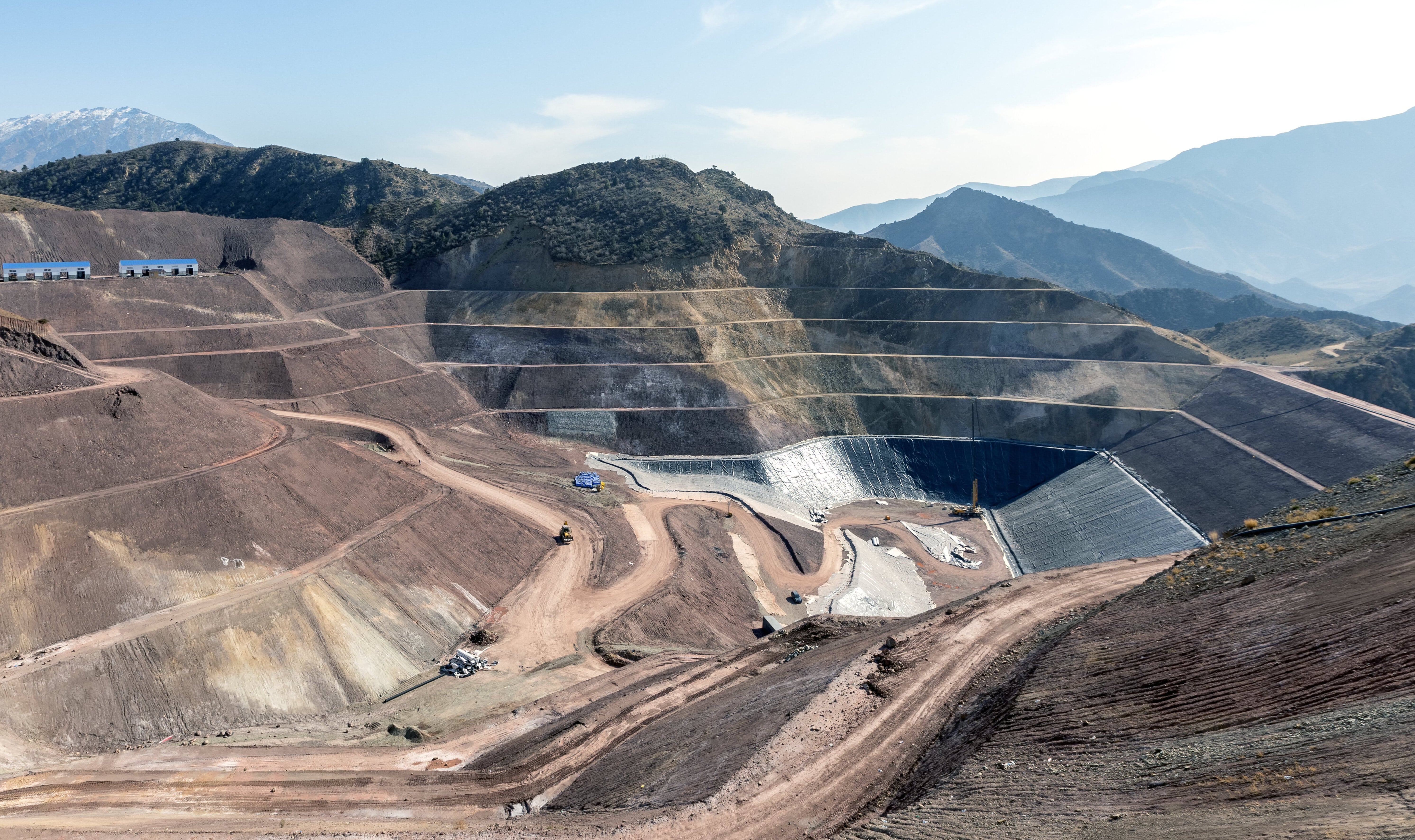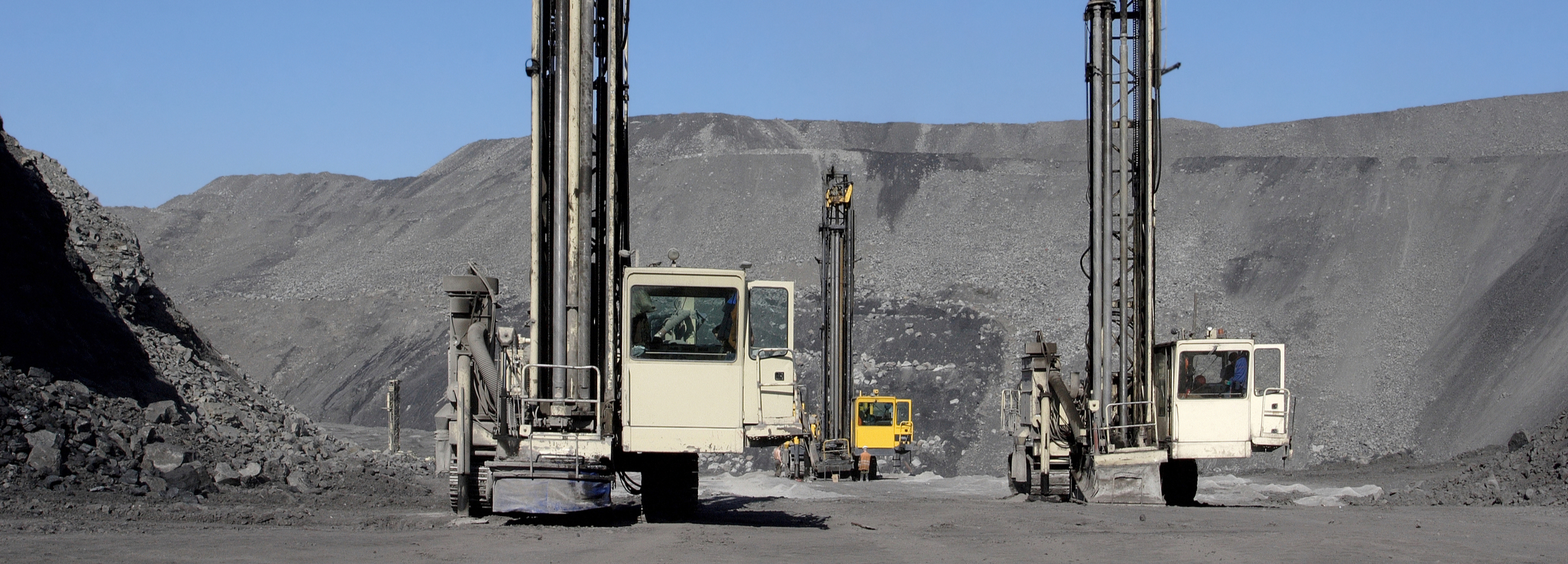Governance Assurance & Capital Stewardship
Adverse effects of small equipment on large bulk earthwork projects
Taking a typical infrastructure construction approach to pricing, planning and executing mass earthwork projects with small infrastructure construction equipment, which most smaller infrastructure contractors do, has several adverse effects, cost implications and risks on the project and its owner.

Project price - Due to the economies of scale in moving large volumes of material, the unit rate per cubic meter to move large volumes of material with small equipment is considerably higher than that of larger equipment.
Double handling - Sometimes, because the mining company is better equipped with large mining equipment, drilling and blasting resources and know-how, the mining company will supply the material to a stockpile, from where the civil contractor will collect blasted rock for placement. This approach gives cause unnecessary extra costs to the project.
Project control - Often and due to the vast numbers of smaller equipment required to move mass volumes of materials, management of the mobile equipment becomes very complex, which invariably causes lower-than-industry-standard equipment utilisation that may result in cost increases and potential claims.
Safety risk - Unnecessary added mobile earthwork equipment over the right-sized equipment causes congestion of haul routes which becomes a safety risk, especially since infrastructure contractors, compared to mining companies, are less experienced in working extended hours.
Hours of work - Instead of working longer hours and the complexity associated with optimal utilisation and control of large numbers of small earthmoving equipment, infrastructure contractors may struggle to meet milestones, fall behind, and, in an attempt to catch up, may employ more equipment that increases the risks as pointed out above.

Categories
Tags
Recent Posts





